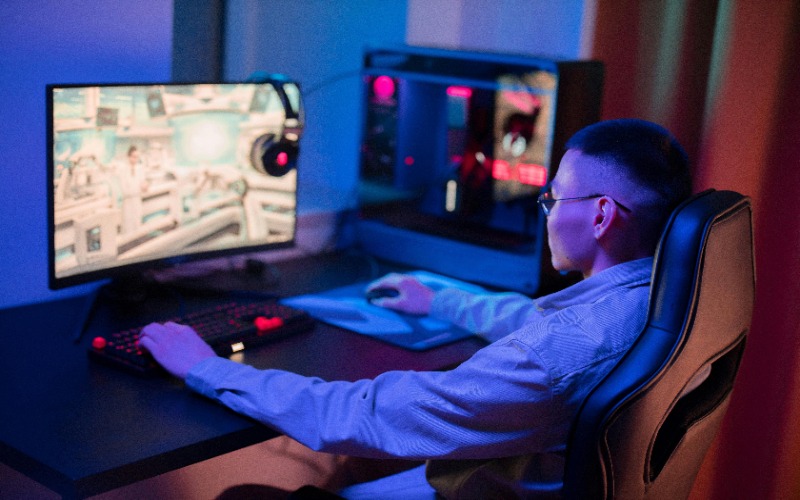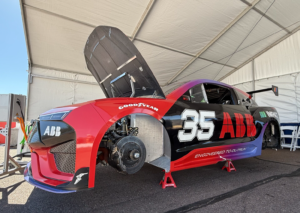Anyone can see just through casual observation that the gaming industry has exploded in recent decades and shows no signs of slowing down. No longer just a popular pastime, gaming has become a cultural touchpoint. People form strong relationships within the gaming community — and Gen Z, in particular, has become a market to be reckoned with through their connection to the gaming and esports industry.
This meteoric rise in the popularity and power of the gaming industry has led some leaders in the traditional sports space to wonder how they can connect to a market that may favor esports over conventional offerings. By tapping into the particular peccadilloes of the Gen Z market, traditional sports marketers can bridge the existing gap and find ways to connect traditional sports with esports audiences.
Making Connections
The esports industry — a niche within the larger gaming universe — is slated to reach 1.9 billion in revenue by 2030. It’s a piece of the pie that traditional sports enthusiasts could have probably never imagined gaming would someday command.
However, the industry has come a long way since the days of “Pong.” Today, marketers, investors, and brands are closely observing esports and are taking the passionate dedication of esports enthusiasts seriously.
Fan engagement is the primary avenue to connect esports players with fans of traditional sports. Our team at OS Studios creates immersive experiences and experiential marketing events that seamlessly blend elements of gaming culture and traditional sports.
The commonality between esports and traditional sports is competition. Esports are a professional competitive ecosystem that runs parallel to traditional sports competitions. By harnessing the excitement and fan buy-in of the competitive nature of both, you can reach traditional sports fans and bring them into the gaming ecosphere.
Hybrid events featuring well-known players can also foster cross-pollination between fans of both types of competition. These experiential marketing approaches also serve to deepen fandom with existing audiences, especially Gen Z.
Meeting Gen Z Where They Are
Recently, we helped gaming juggernaut Activision launch the two most recent “Call of Duty” games with an esports tournament called COD Next. This event brought together top COD streamers and influencers, gave them exclusive early access to the new games, and successfully merged the thrill of competition that often comes with traditional sports with the current gaming culture.
These events and immersive experiences are precisely what both gaming-connected brands and traditional sports stakeholders need to consider if they hope to bridge the gap that still exists. These experiential marketing approaches have helped COD remain one of the top-selling games of all time — and have allowed competition to have a place among COD players.
Bridging the gap between the traditional and the new does not mean shoehorning NFL or NBA logos into gameplay and calling it a day. Gen Z is a savvy generation of digital natives who can pick out an insincere marketing ploy from a mile away. They require an approach that is more nuanced and not universal. Fans of first-person shooter (FPS) games like COD are not necessarily going to be fans of racing games or role-player games. Traditional sports brands are not likely to succeed if they simply want to slap their brand on “esports” in general. A deep understanding of Gen Z and gaming culture is necessary if the gap between traditional sports audiences and esports audiences is going to be bridged.
Traditional sports can learn much from the gaming community. The traditional sports industry can begin to authentically engage with Gen Z, respecting the gaming industry’s power and understanding the community aspect of gaming culture along with the competitive aspects.
Billions of people are gaming on a weekly basis, so it is no wonder traditional sports stakeholders want to get in on the action. Through thoughtful engagement strategies, utilization of social media platforms, tapping into the streaming culture, and partnering with esports influencers, traditional sports marketers can begin to authentically connect with esports enthusiasts and the gaming community as a whole.











